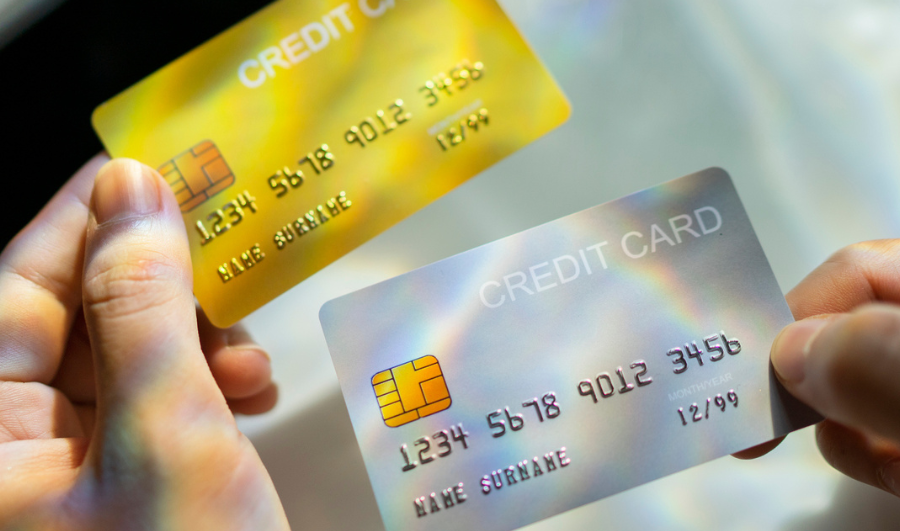International Payment Gateway: What It is & How Does It Work?
When a business starts reaching customers beyond its own country, the way payments are handled becomes just as important as the products being sold. Shoppers want the comfort of paying in their own currency with familiar methods, while businesses need a system that keeps every transaction secure and compliant across borders. An international payment gateway is what makes that possible.
It helps businesses process cross-border payments, manage multiple currencies, and connect with trusted international payment processors. For companies in India, it also provides clarity on how to accept international payments in India while ensuring that customers experience smooth and secure checkouts.
Table of Contents
Introduction to Payment Gateways
A payment gateway is a digital tool that securely transfers payment details from the customer to the acquiring bank. It verifies information, encrypts sensitive data, and confirms whether a transaction is successful.
For local operations, a domestic gateway is sufficient. However, businesses expanding globally require an overseas payment gateway. This ensures compatibility with international cards, multiple currencies, and regional regulations while providing robust fraud protection.
What Is an International Payment Gateway?
An international payment gateway is designed to allow businesses to get payments from customers living in different countries. Unlike domestic solutions, it integrates with international payment processors to support a wide range of currencies and payment methods. For example, PayU For instance, PayU offers dynamic currency conversion (DCC), which lets customers pay in the currency they know best while ensuring settlements are made in the merchant’s local currency.
Imagine a shopper in Europe buying something from an Indian online store. Behind the scenes, the foreign payment gateway steps in — it converts the currency, checks the payment details with the customer’s bank, and then ensures the money reaches the merchant’s account in India. Without this smooth chain of actions, businesses depending on cross-border payments would struggle to complete international sales.
3. How Does an International Payment Gateway Work?
Though completed in a matter of seconds, processing through this involves several coordinated steps:
- The customer selects products and opts for online payment.
- The gateway encrypts and securely transfers the payment details.
- The acquiring bank sends the information to the international payment processors.
- The processors communicate with the issuing bank to check authorization and available funds.
- Once verified, the authorization is sent back through the same route.
- The transaction is marked successful, and the funds are later settled into the merchant’s account after currency conversion.
This workflow enables businesses to handle payment gateways for international payments with both speed and reliability.
Key Features of a Foreign Payment Gateway
Not all gateways are the same, and choosing the right one means looking closely at what it can actually do for your business. A strong foreign payment gateway should tick a few important boxes, which are.
- Support Multiple Currencies: Shoppers are far more likely to complete a purchase if they can pay in their own currency rather than converting prices themselves.
- Ensure Security: Tools like tokenization, encryption, and 3D Secure add extra layers of protection and help reduce the risk of fraud.
- Adhere to Compliance: The gateway should follow global standards like Payment Card Industry Data Security Standard (PCI DSS) while also adapting to the specific regulations of each market you operate in.
Integration matters too. A good foreign payment gateway should plug into your website, mobile app, or e-commerce store without friction. The easier the setup, the smoother the experience for both the merchant and the customer.
Equally important is what the shopper sees. A fast, transparent checkout reassures them and encourages to repeat purchases, thus turning first-time buyers into loyal customers.
5. Benefits of a Payment Gateway for International Payments
Choosing the right payment gateway for international payments can unlock several advantages for growing businesses.
- Reach new markets: Merchants can sell to customers in different countries without the need for a local presence.
- Build trust: A recognized provider signals reliability and makes customers more confident in completing a purchase.
- Faster settlements: Established international payment processors help ensure that funds reach the business without unnecessary delays.
- More choice at checkout: From credit cards to digital wallets and online transfers, customers can pay the way they prefer.
- Business scalability: A strong gateway can handle higher transaction volumes as the business grows.
6. Challenges in Cross-Border Payments
Despite the benefits, businesses must also manage certain challenges when using a payment gateway for international customers:
- Currency volatility, which can affect final settlements.
- Transaction charges, which vary across overseas payment gateways, and may reduce margins.
- Compliance requirements, particularly for businesses seeking guidance on how to accept international payments in India.
- Increased fraud risks, requiring advanced verification tools.
Addressing these challenges requires careful selection of providers and ongoing monitoring of costs and compliance obligations.
7. How to Select the Best International Payment Gateway
Identifying the best international payment gateway involves evaluating multiple criteria:
- Geographical coverage: Ensure the gateway supports the countries where customers are based.
- Transparent pricing: Look for clarity in transaction and conversion fees.
- Integration capabilities: Assess whether the gateway works with your existing platforms without additional complexity.
- Indian compliance: For those exploring how to receive international payments in India, providers must comply with Reserve Bank of India (RBI) guidelines.
- Provider reputation: Established international payment processors with a proven record offer stronger reliability and support.
A well-chosen solution ensures that businesses can manage international payments smoothly while focusing on growth.
Read more – How to Choose the Best International Payment Gateway?
Conclusion
An international payment gateway has become a cornerstone for businesses with global ambitions. It enables secure transactions from overseas customers, handles multiple currencies with ease, and ensures every payment meets compliance requirements. For merchants considering how to accept international payments in India, choosing the right foreign payment gateway can make all the difference — helping them serve international buyers with confidence while keeping day-to-day operations smooth.
FAQs
1. What is the difference between a domestic and an international payment gateway?
A domestic gateway processes local transactions in one currency, while the international gateway enables cross-border payments by handling multiple currencies and partnering with international payment processors.
2. How to accept international payments in India as a business?
Businesses can integrate a compliant gateway for international payments that manages conversions and transfers funds to Indian bank accounts in accordance with RBI rules.
3. Are international payment processors secure?
Yes. Established providers comply with PCI DSS standards, use encryption, and implement fraud-prevention systems.
4. What costs are associated with an overseas payment gateway?
Common expenses include transaction fees, conversion charges, and sometimes account maintenance costs. Businesses should compare providers to identify the most efficient provider.5. How to receive international payments in India without delays?
Choosing a reliable overseas payment gateway with clear settlement timelines and compliance with Indian regulations ensures timely and predictable payouts.


